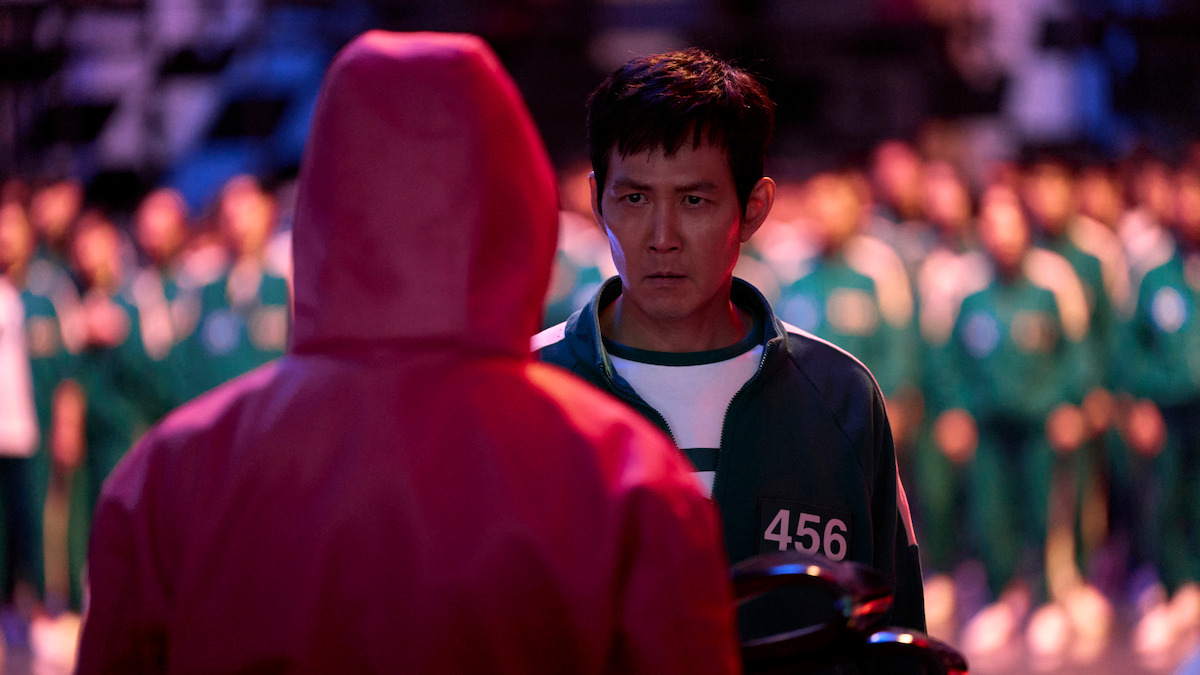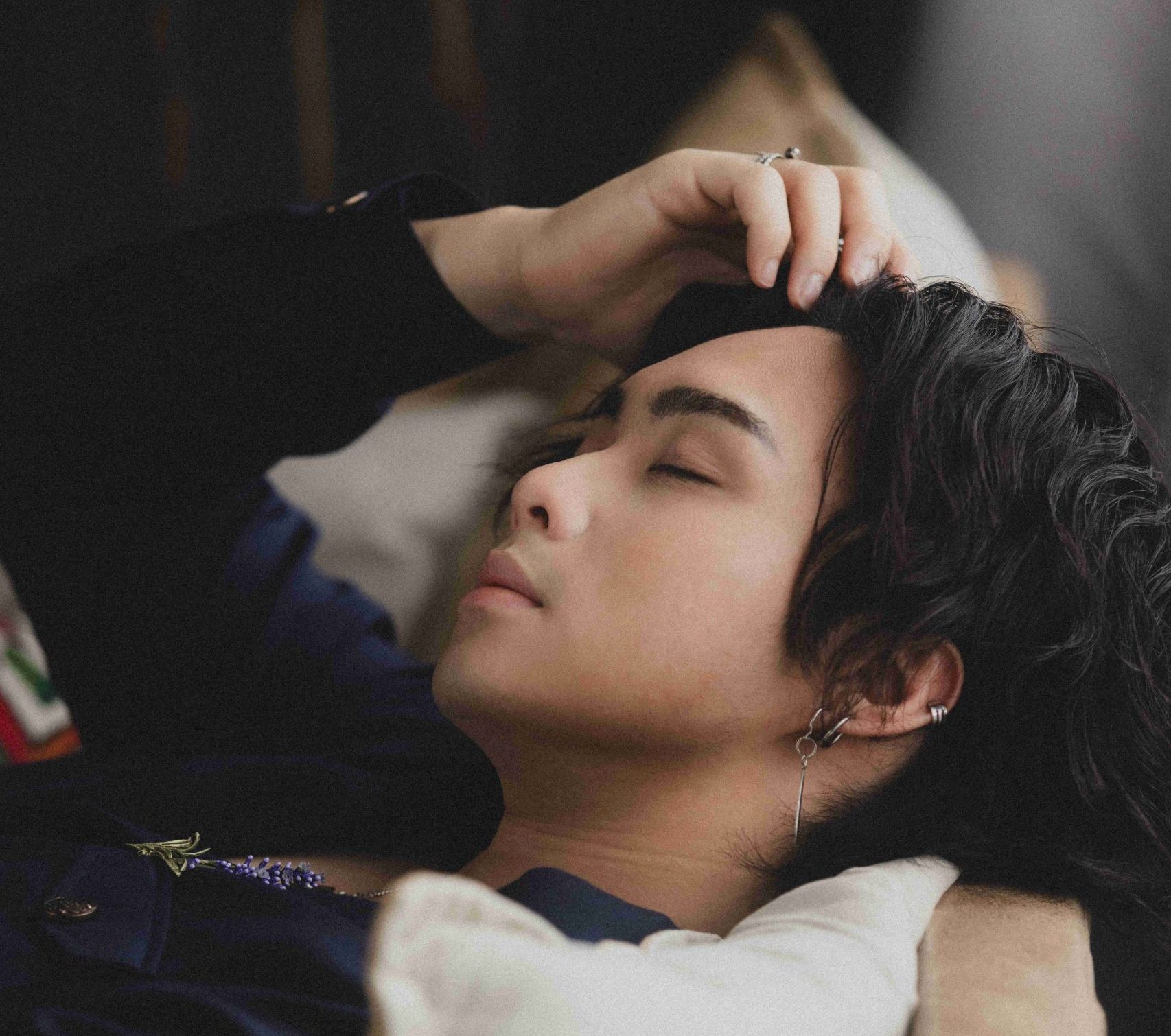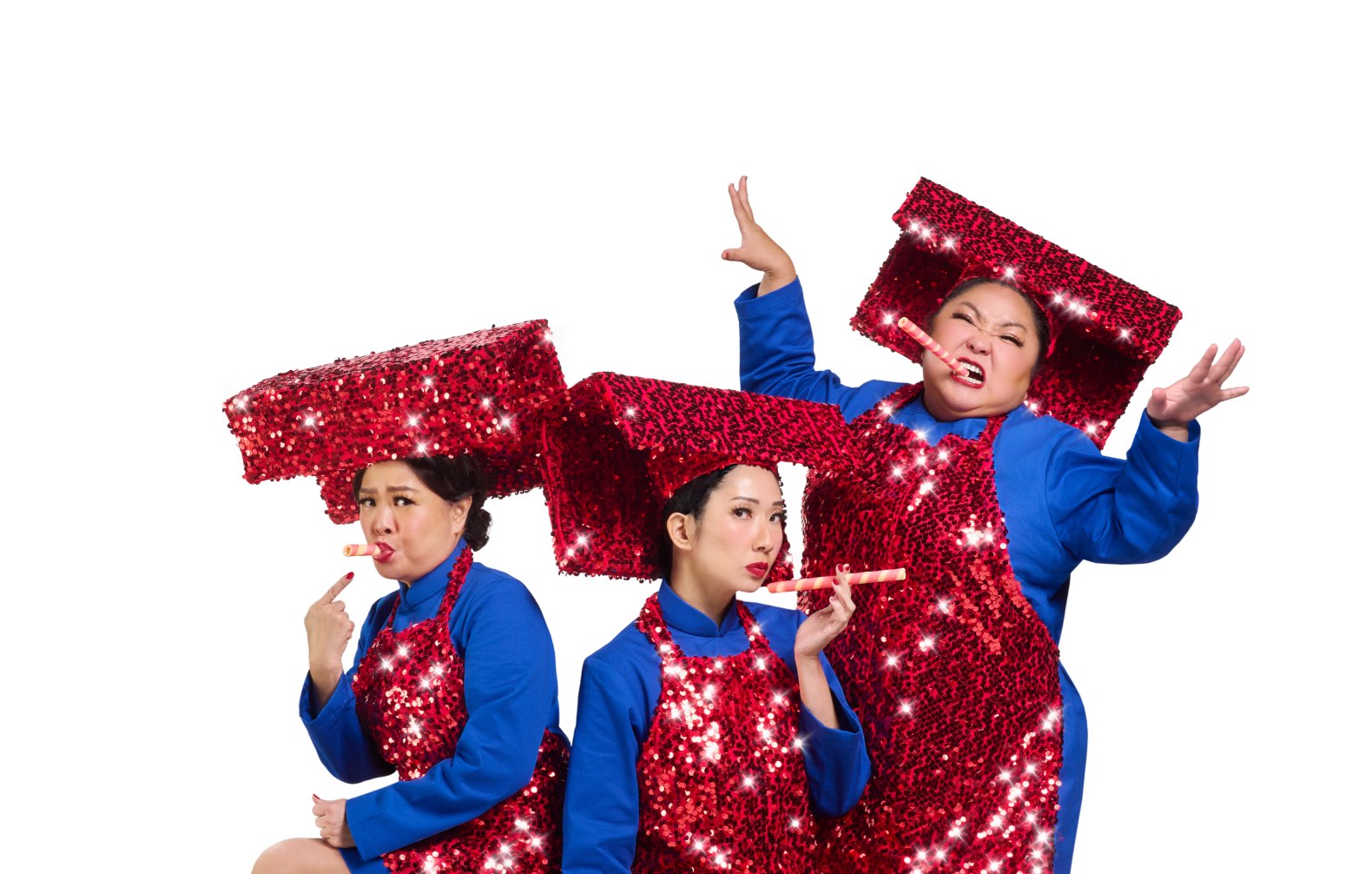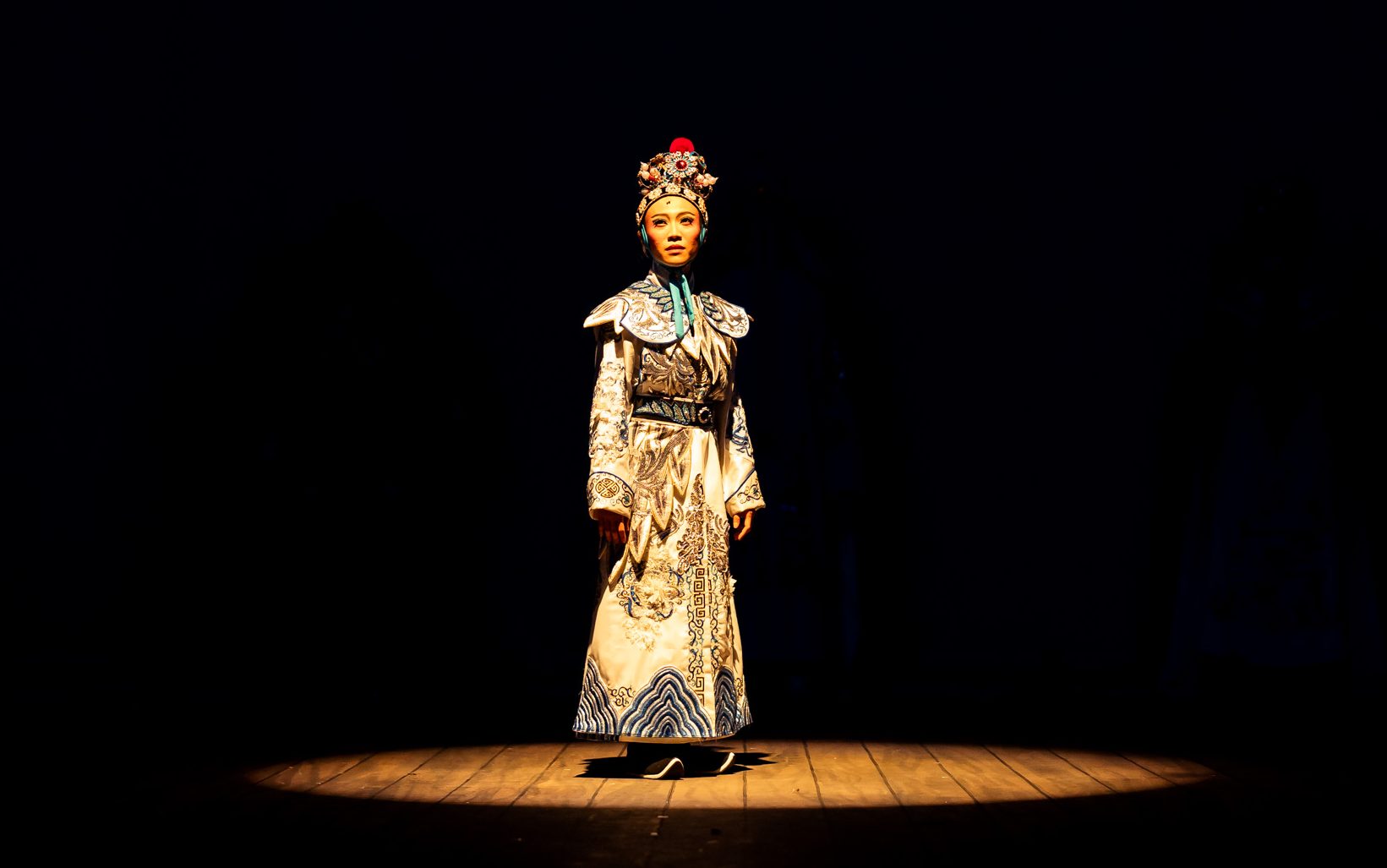
Titoudao opens with a scene from a wayang (Chinese street opera) story. Decked out in a bright orange costume, the comedic sidekick character Titoudao dances and bounces across the stage with ease. After a scene in the wayang ends, the small painted backdrop is lifted, revealing an area that appears to be backstage, with storage spaces, props and hanging costumes.
The performers drop their poised stances, their postures relaxing. They start to remove their wayang costumes. Ah Chiam, a woman known for playing Titoudao in the 1950s and 60s, chit-chats with her fellow performers as they wind down, exchanging funny anecdotes about their experiences on stage. This scene sets up the whole play and tells the audience exactly what they are about to witness over the next two hours: the backstage happenings of a wayang performer’s mind.
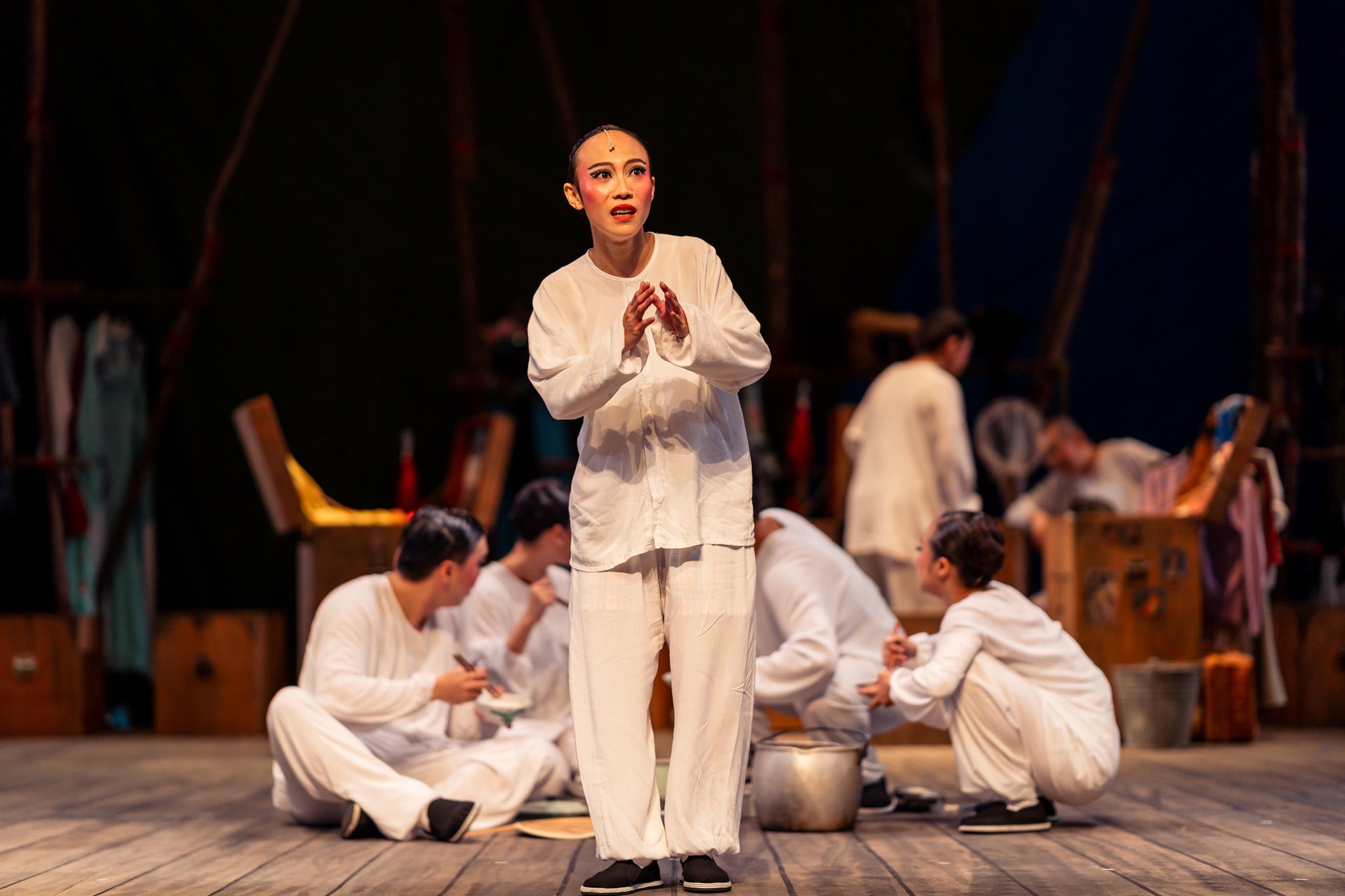
The play follows the life of one iconic wayang performer in particular: Oon Ah Chiam, the mother of the director and playwright Goh Boon Teck (read our exclusive interview with Goh on the inspiration behind the story and the new elements audiences can expect in this re-staging of the play). First staged in 1994, Titoudao moves between a condensed version of the Chinese opera that Ah Chiam used to perform and her personal life story. The play’s central themes of gender inequality, tradition, and family ties are no less relevant in today’s Singapore. In particular, Goh’s exploration of the evolution of Singapore’s local arts scene is powerful in the context of a radical period of change and a post-Covid world.
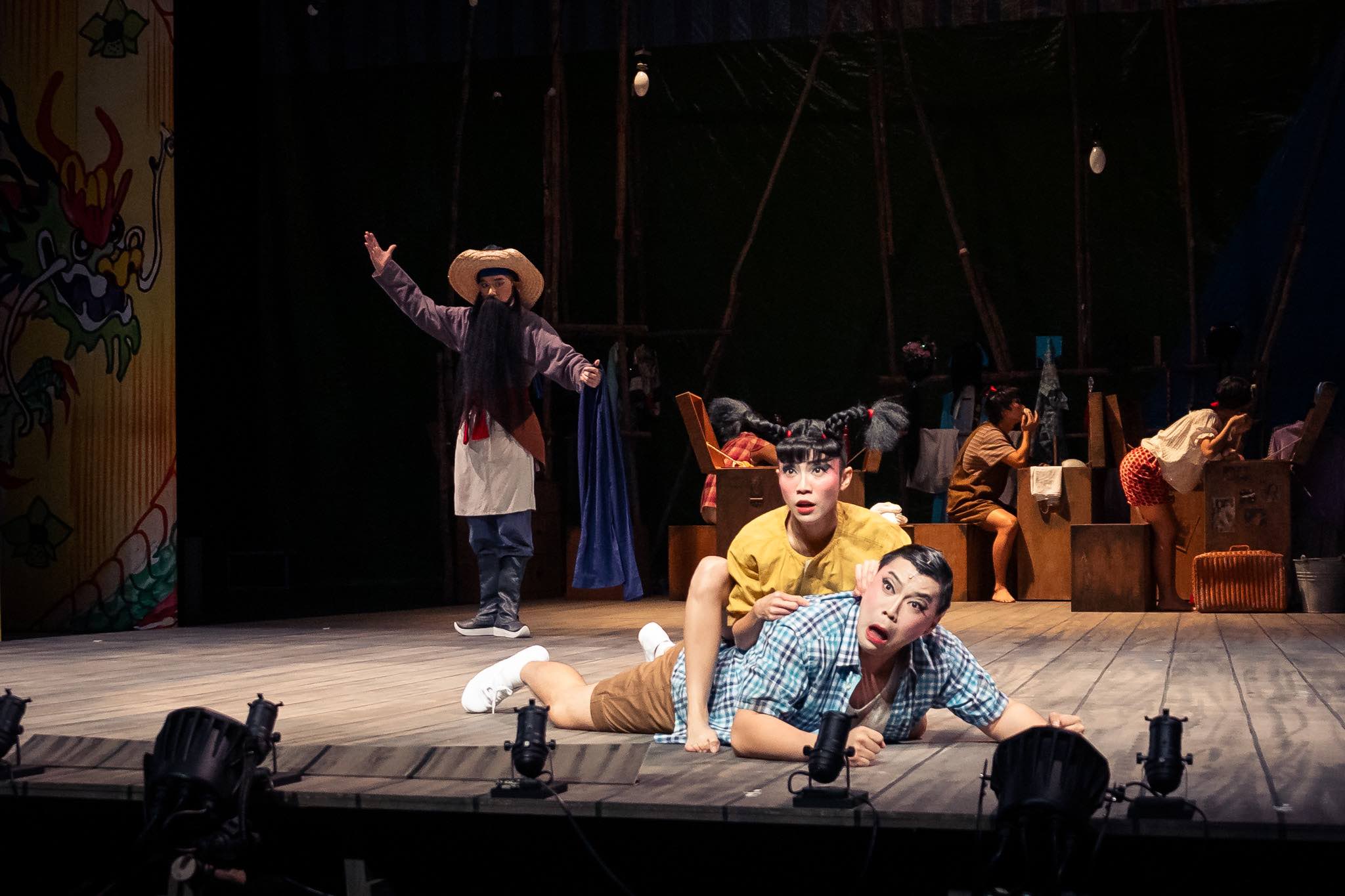
Bringing these issues to life is Tan Rui Shan who plays Ah Chiam in this 30th anniversary re-staging by Toy Factory Productions. Tan embodies Ah Chiam, which is no easy feat since she has to switch between Titoudao’s energetic wayang persona and her character off-stage. In fact, almost every member of the cast portrays different characters. The whole cast of wayang characters include Ah Chiam’s siblings from young children to adults, an angry mother-in-law, and a neglectful but well-meaning husband.
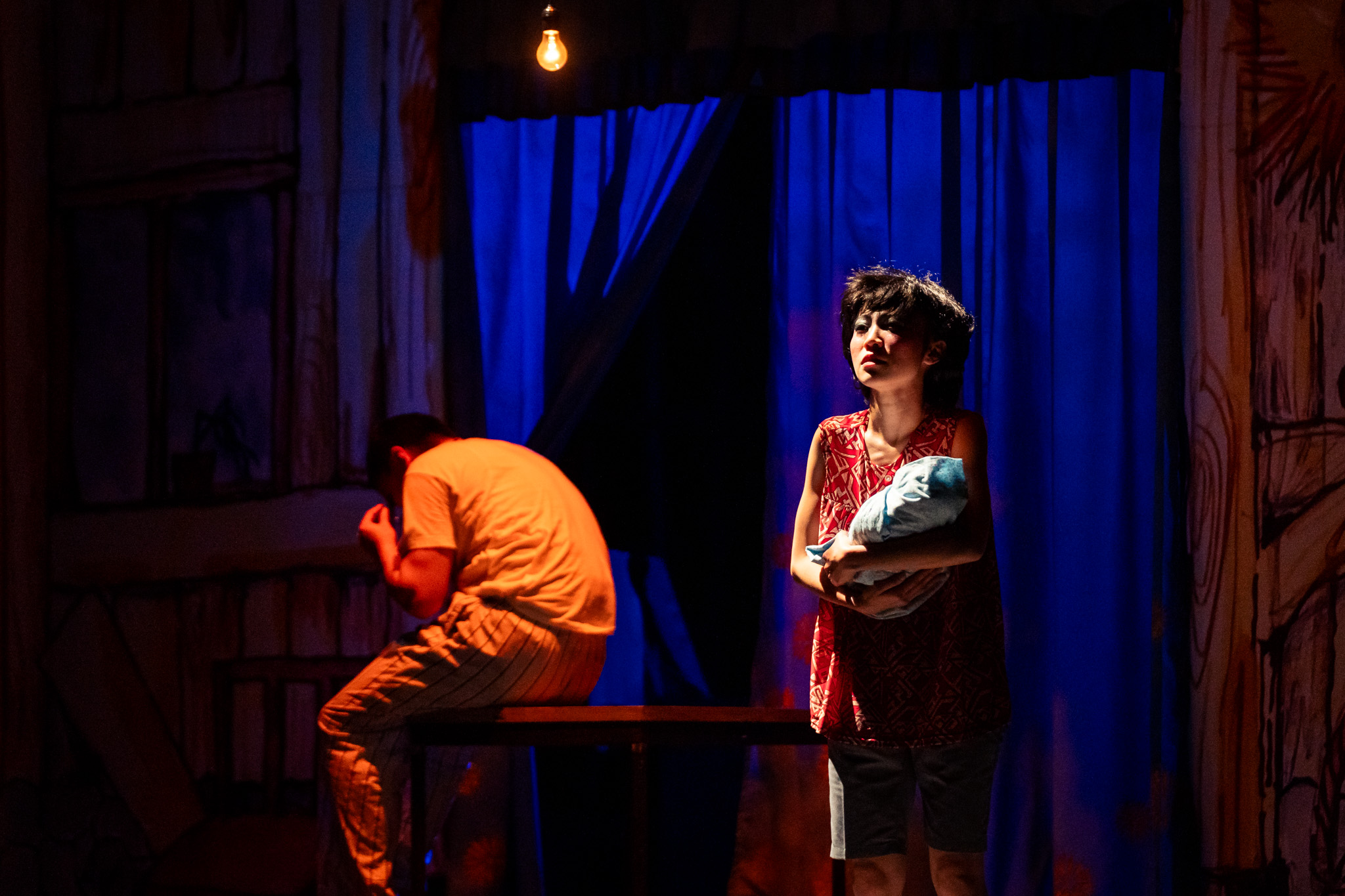
The cast members’ superb acting is complemented by Goh’s staging and Tommy Wong’s lighting design, both of which add authenticity and depth to the production. To recreate the feeling of watching an actual wayang performance, a string of lights extends from the sides of the stage to the seats on the second floor of Victoria Theatre, reminiscent of the lights that would surround an audience watching a wayang performance outdoors.
The onstage wayang design elements are eventually removed in an incredibly moving scene. Ah Chiam recreates the movements of her most iconic characters, and the wayang stage set gets stripped away, piece by piece, until all that is left is her and a box where she reluctantly places her broken wayang prop into. Wong’s lighting design elevates this scene: the box glows with a soft yellow light, plunging the stage into darkness after Ah Chiam closes it.
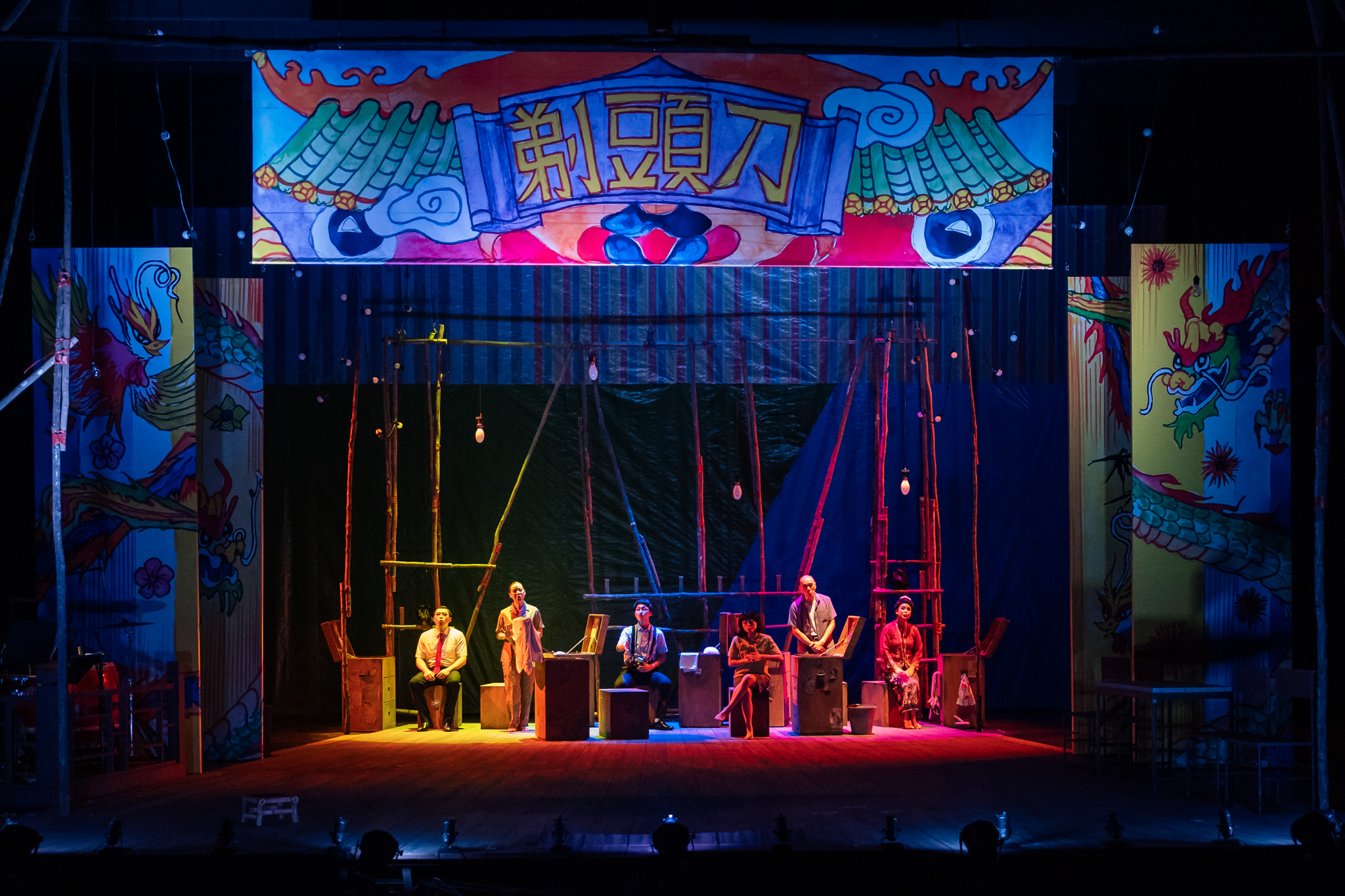
Wong’s lighting design is atmospheric and emotional throughout the production. The soft evening lighting creates a sense of serenity and childhood nostalgia during the scene where Ah Chiam is playing in the plantation with her siblings. When Ah Chiam and her sister spend their first night in the house where the wayang troupe lives, a shaft of light enters from stage right, simulating a room where the door is left ajar all night and there’s constant movement outside.
The costumes and makeup shine during the wayang segments of the play. The bright and bold colours of the costumes combined with the intricately designed traditional makeup looks of the characters bring the wayang to life. The live music adds to the atmosphere, plunging audiences into the memory of hearing wayang performed in one’s own neighbourhood.
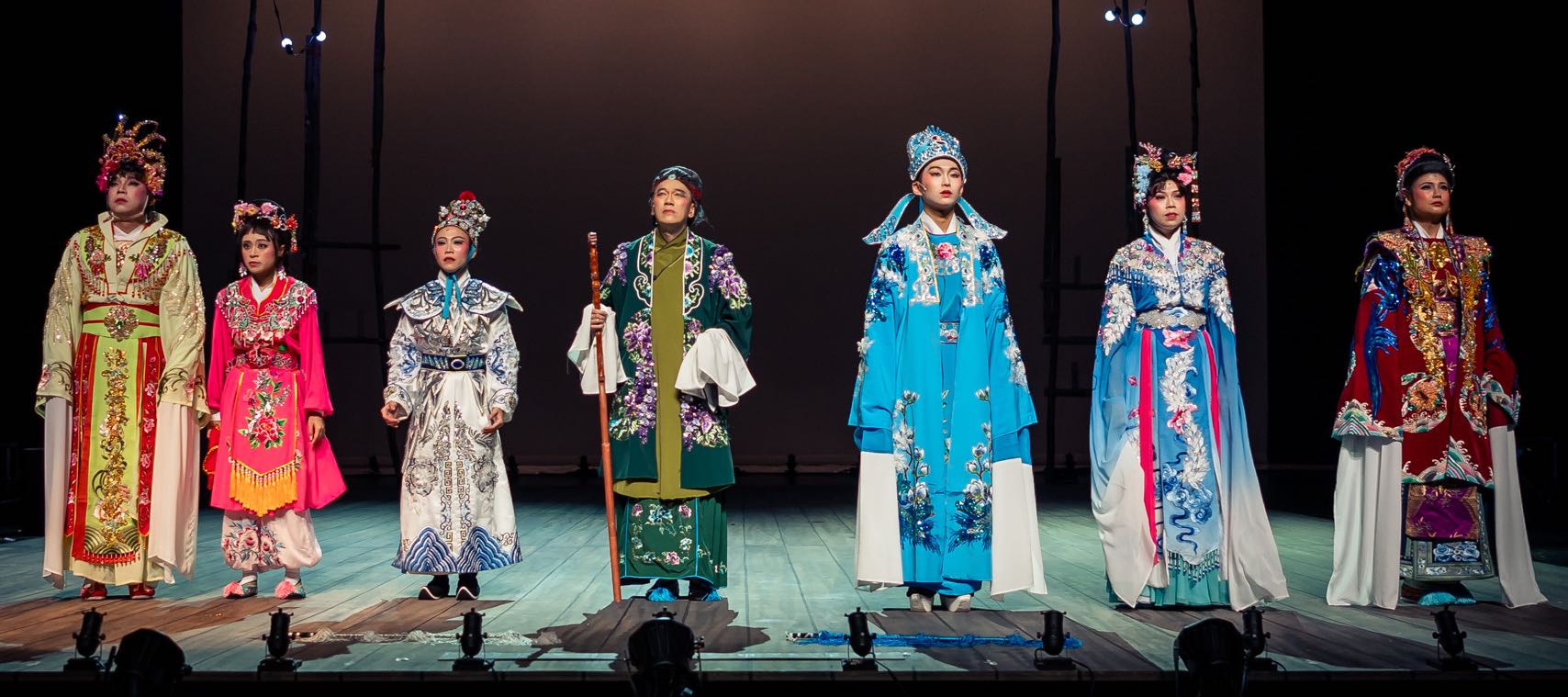
Titoudao was written, produced, and performed with obvious respect and care for wayang as an art and for Oon Ah Chiam’s life story. Heartbreaking, beautiful and mesmerising, the play is a haunting journey into Singapore’s past. Thankfully, Toy Factory Productions’ revival ensures that Ah Chiam’s love for wayang lives on in the hearts of audience members of the present.
Titoudao runs now till Jul 28 at the Victoria Theatre. Tickets are available at Sistic.
Text by Beverly Anne Devakishen.


